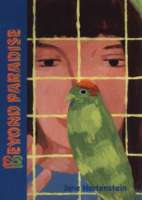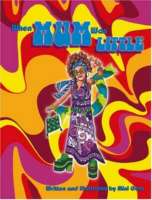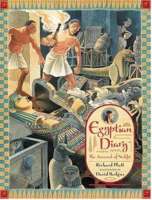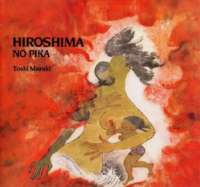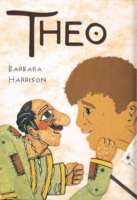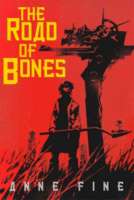
In school, Yuri is taught that the revolution liberated his country. He learns how the new leaders are always working for the greater good. But the truth is that life for his family and those around him is a brutal, poverty-stricken struggle. The government does nothing except punish those who protest. And one day, to his shock and horror, Yuri himself is branded an “enemy of the state” simply for dropping a few careless words.
In an author’s note, Anne Fine describes The Road of Bones as an adventure-escape story set in “a sort-of Russia, in a sort-of 1930s, under a Stalin-type leader.” This chilling political thriller follows the frantic footsteps of a teenager on the run, a criminal who hasn’t committed a crime, a young man on a path to discovering the truth about how far he will go in order to survive.



